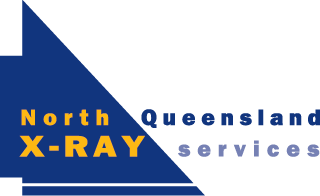Latest News
Nuclear Medicine MPS (Myocardial Perfusion Study) Bulk-Billed at North Queensland X-Ray Services (Townsville only)
Date: Friday, August 30, 2024
Image: Abnormal MPS
Indications:
Assess myocardial perfusion:
- for diagnosis of coronary artery disease and risk stratification
- for efficacy post revascularisation (surgical or percutaneous)
- for preoperative assessment of patients at risk of ischaemia/ myocardial infarction
- in the presence of unexplained arrhythmia
Functional studies: Assess significance of: - known coronary artery disease not requiring immediate revascularisation
- possible stenotic lesions post revascularisation (surgical or percutaneous)
- lesions detected on CT coronary angiography
What does this scan involve?
Preparation: Nil caffeine 24 hours prior. Some patients may need to be off beta blockers for 2-3 days
prior. Patients are to wear loose comfortable clothing for exercise where exercise is deployed. - Thereare 4 parts to an MPS:
- Injection of radiotracer under REST conditions (5-10mins)
- SPECT/CT scan of radiotracer uptake given under REST conditions (15mins)
- Injection of radiotracer under STRESS (physical/pharmacological) conditions (20-30mins)
- SPECT/CT scan of radiotracer uptake given under STRESS conditions. (15 mins)
Patients should be informed however that the total time taken to perform an MPS may be 3-5 hours.
SPECT/CT scans are performed most commonly to counteract any attenuation artefacts caused by
other organs adjacent to the left ventricular myocardium, most notably the diaphragm and its
potential to cause artifact along the left ventricular inferior wall.
Are there any side effects to the injection? - There is very little chance of a reaction to the injection (99mTc MIBI or 99mTc Tetrofosmin) used for
an MPS. There may be side effects to medications used in pharmacological stress testing
(Adenosine), but only lasts briefly owing to the short half life of Adenosine compared to
dipyridamole. Stress tests always carry a risk; an explanation sheet will be given to patients
explaining risk, which is no different to performing a cardiac stress test elsewhere. - Breast feeding cessation period, as recommended by the Australian Radiation Protection and
Nuclear Safety Agency (http://www.arpansa.gov.au/pubs/rps/rps14_2.pdf), is 4 hours.
